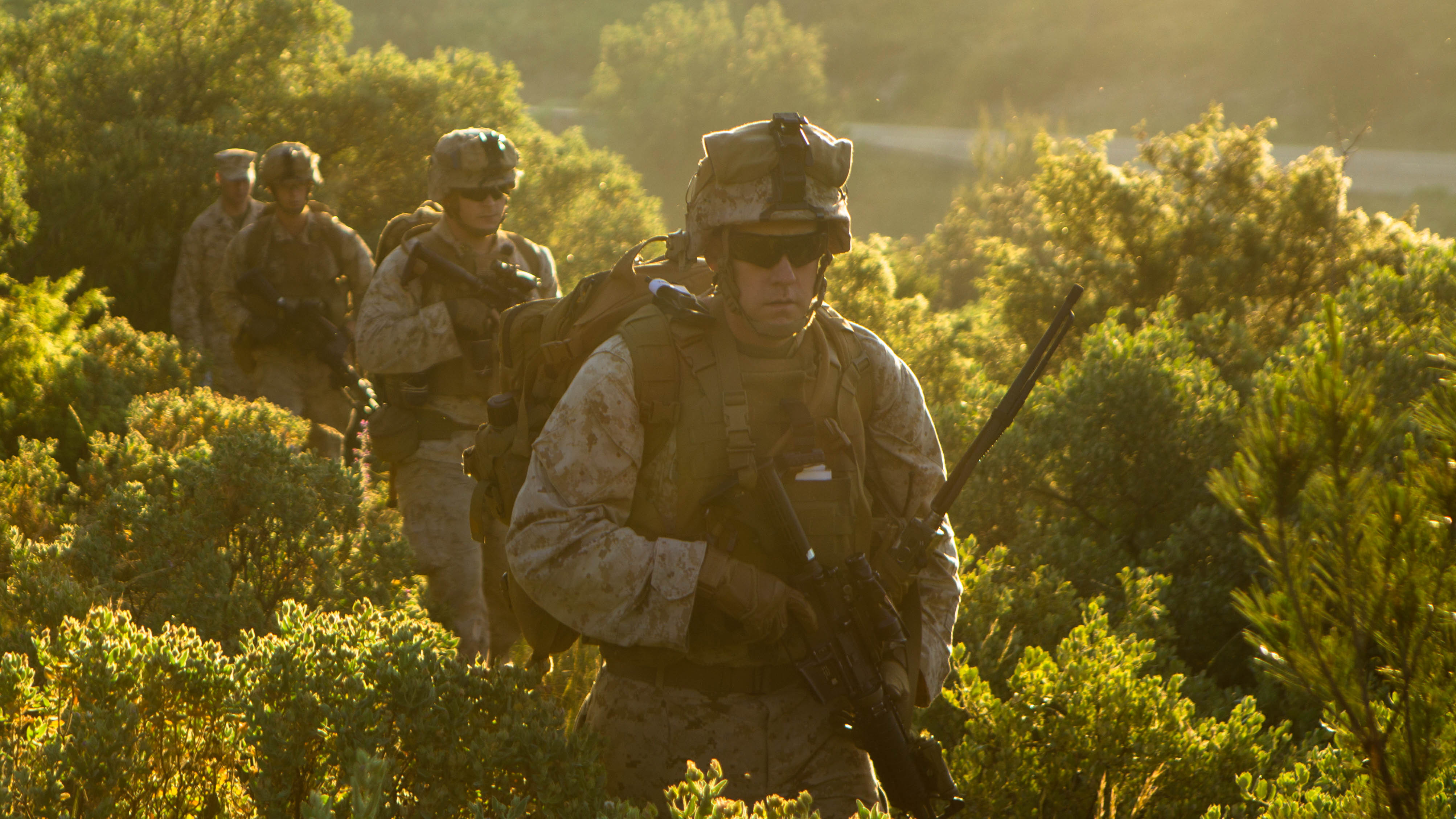
The governments of Spain and the U.S. signed a basing agreement permitting the presence of up to 3,500 U.S. Marines at an airbase in southwestern Spain on Wednesday.
The signed agreement — delayed due to Secretary of State John Kerry’s broken leg — will permit up to a surge of 3,500 Marines and 35 aircraft to use the Morón de la Frontera airbase as part of the Marines’ African rapid reaction force which began using the base on a temporary basis in 2013 with a force of 500. Currently there are 850 Marines stationed at the air base as part of the Special Purpose Marine Air-Ground Task Force Crisis Response (SPMAGTF-CR) attached to U.S. Africa Command (AFRICOM).
“We are very grateful to our Spanish allies and partners and friends for this agreement,” Deputy Anthony Secretary Blinken said on Wednesday in remarks following the signing ceremony in Washington, D.C.
Spanish Secretary of State for Foreign Affairs Ignacio Ybanez added, “it’s very good proof of our very special relation that we have with the U.S., and we are more than happy to give this cooperation, which is, in this case, is concentrated on the part – on the military part.”
The initial temporary basing agreement with Spain quickly followed the Sept. 11, 2012 attacks on the U.S. consulate in Benghazi, Libya that resulted in the death of U.S. ambassador J. Christopher Stevens.
In addition to beefing up the number of Marines guarding U.S. embassies, AFRICOM pushed for more resources to project into crisis areas in North Africa relying on the Bell-Boeing MV-22 Osprey tilt-rotor aircraft to more easily deploy Marines across the Mediterranean Sea than traditional helicopters.
The Marines are also looking to buttress the land-deployed SPMAGTF units in Moron and Sigonella, Italy with a maritime component that would include non-traditional ships from which to launch Marines into regions further south, including the Gulf of Guinea.
“We must continue to mitigate the amphibious shipping shortage by looking for other ways to do business. Establishing SPMAGTF-CR shore-based was a near-term solution and step in the right direction; however, having a SPMAGTF positioned at sea, in places like the Mediterranean or Gulf of Guinea, is always preferred,” Lt. Gen. Kenneth Glueck, commander of Marine Corps Combat Development Command (MCCDC), told USNI News in March.
The SPMAGTF follows in the steps of Marine Fleet Anti-Terrorism Security Teams (FAST) that have operated from Spain since the late 1980s, including security missions into Liberia in the early 2000s.
The U.S. Navy has also increased its presence in Spain in the last several years. Naval Station Rota plans to host four ballistic missile defense (BMD) Arleigh Burke guided missile destroyers as part of the European Phased Adaptive Approach to BMD. The third ship, USS Porter (DDG-78), arrived in April.





